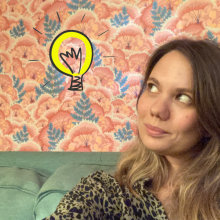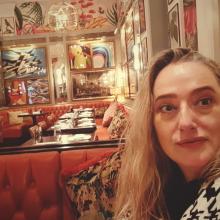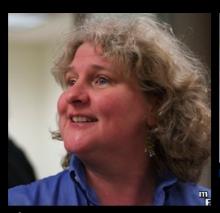Abstract
Visual templates, canvases and boards are all ways that we can use pen and paper (or a whiteboard). to help break down, and think through tricky problems, or structure goals. Through using shapes and images, you can then structure your thoughts in the form of words (or sometimes more pictures!).
In this talk you will find out how simple shapes can shape thinking, and break down difficult problems into something that is manageable and approachable.
Over the years I have created a multitude of templates for myself, my teams and others, and have used these in all sorts of workshops. Although it all started at the Retrospective, I then went on to discover how different templates could convey a number of different concepts…. From planning to goal setting, strategy, product definition and more!
Find out what makes a good template, what the process is to create the right template for your particular workshop outcomes, if you are designing one from scratch.
As well as taking you through the basics of how to create templates on the fly, for teams, or for your personal use, you’ll understand more about why templates have the potential to shape your and your teams thinking, and how to break out of the boxes and radials rut if your team require a creativity kickstart!
This talk will cover the benefit of how thinking in templates can improve your skill as a coach, facilitator or leader, and change your presence AND your listening skills, as you move into the space of structuring the problems, so that they can be more easily understood and solved by others.
Speaker

Gemma Honour
Director of Coaching @Bryter Work
Gemma Honour is the Director of Coaching for Bryter Work, a people first change consultancy, where she infuses change and workshops using the power of visual facilitation. Gemma moved into the world of Agile following her work as a software systems tester, before moving into project management, but it was her time as a scrum master where she learned the power of using visuals and play based techniques to build great culture, aid learning of new concepts and solve tricky problems in ways that get everyone involved.




